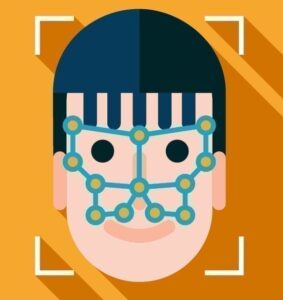
Estonia-based SK ID Solutions, the provider of the Smart-ID service available in Baltic countries, has announced a new biometric registration process for Smart-ID, allowing individuals to create a Smart-ID account without having to visit a bank branch.
According to a press release from SK ID Solutions, users can now authenticate their identity with a digital signature, approved by the Estonian Information System Authority (RIA).
Smart-ID — a free-to-use digital identity system meant to replace physical cards and PIN-based security — was first introduced by SK ID Solutions in 2017. It is used by over 2.6 million people in the Baltic region, and counts over 50 million transactions processed each month.
The new biometric registration method requires an up-to-date version of the Smart-ID app, a smartphone with a working camera and NFC capabilities, and a previously existing biometric passport.
If the user has all of the above, a seven-step registration process can be taken to create a Smart-ID account.
However, the CEO of SK ID Solution, Kalev Pihl, notes that the system is new and calls on Smart-ID users to try it out for themselves to help fine-tune it.
“For Smart-ID, biometric identification is a brand new solution and because of this, it is possible that some things will not work quite as smoothly as they should just yet. We are constantly working on improving our service and we are very grateful for any kind of feedback from our users,” Pihl said in a statement.
The new system was developed in partnership with InnoValor from the Netherlands and iProov from the UK.
“Using NFC, we can remotely determine the authenticity of the identity document at the trust level that is needed for qualified signatures. In addition, the high-resolution face-image from the chip enables secure facial matching,” said Maarten Wegdam, CEO of InnoValor.
Prior to this announcement, the only way to create a Smart-ID account was by physical identification at a bank branch, or by Mobile-ID or an electronic ID-card.
Source: The Baltic Times
–
February 27, 2020 – by Tony Bitzionis








Follow Us